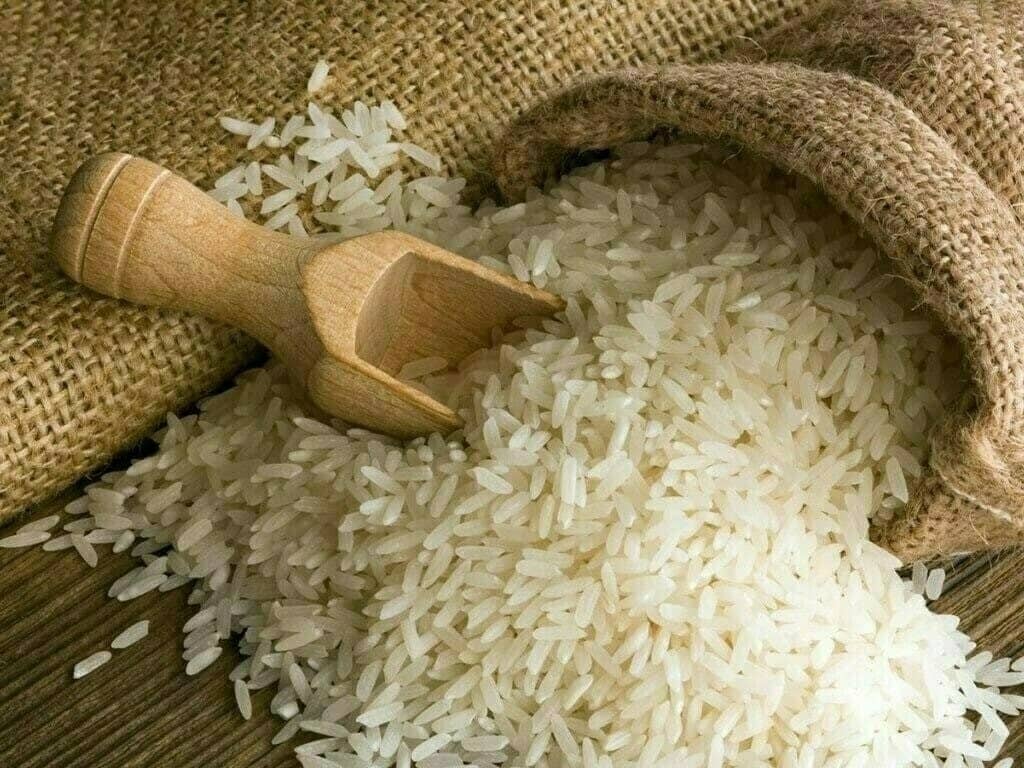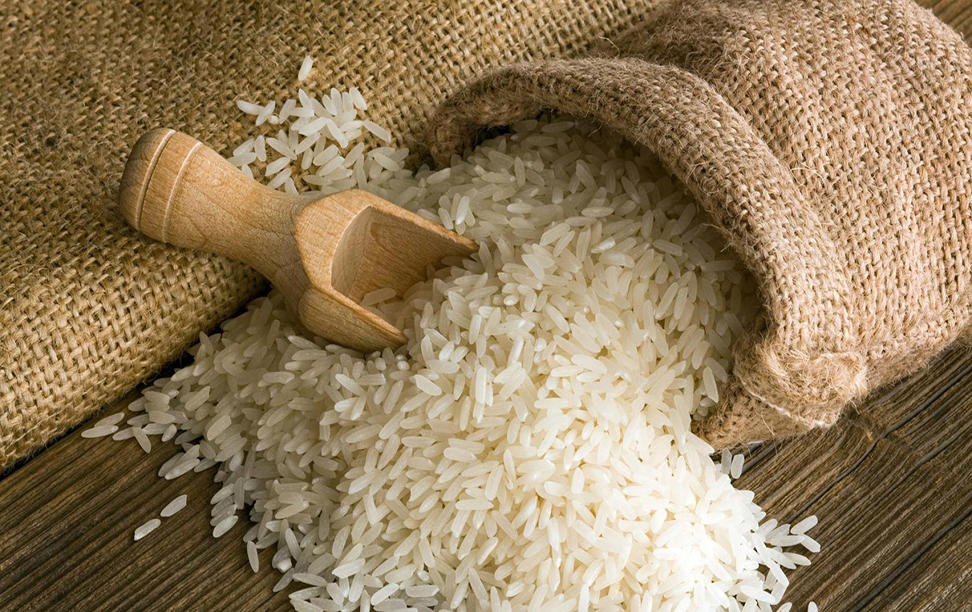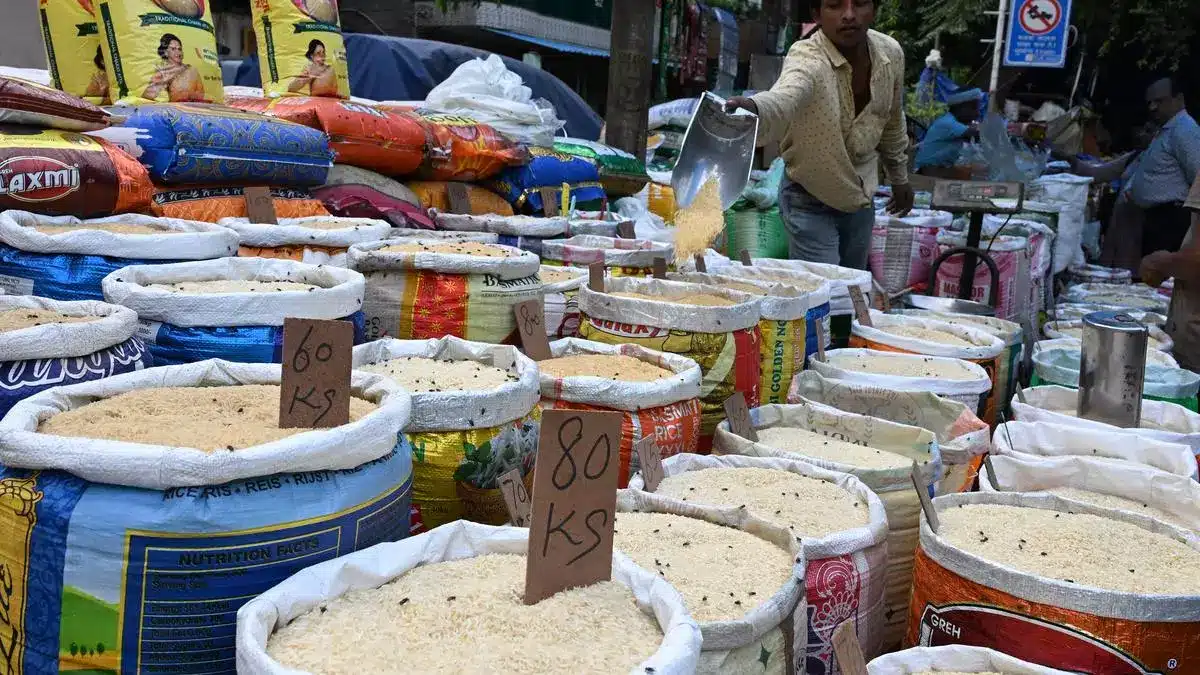Tags
Rice exports earn Pakistan $2.1bn in tumultuous FY23

LAHORE: Despite significant production losses and other major challenges, Pakistan exported a total of 3.717 million tonnes of rice to earn $2.149 billion in FY23.
The rice sector showed strong resilience and immense resistance despite head and tail winds like devastating floods that wiped out one-third of Sindh’s crop, wavering rupee movement, tough competition from India, high freight charges as well as unavailability of vessels during the first six months of 2022-23.
The export of basmati varieties of rice stood at 595,120 tonnes fetching $650,423 at an average per tonne (APT) rate of $1,092. Coarse or non-basmati varieties’ export touched 3.122 million tonnes, fetching $1.498bn at an APT rate of $480.
In the preceding year, the country fetched $2.5bn by making export shipments of 4.8m tonnes.
Exports have been mainly hit by a drop in production, as against 9.1 million tonnes output during 2021-22, the country could harvest around 6 million tonnes of rice in FY23, a fall of over 34pc.
Floods and torrential rains had damaged paddy crops, particularly in Sindh and south Punjab districts and the overall crop losses had been estimated at around 20pc.
At least 35pc of the standing rice crop had been damaged in Sindh and 29pc in south Punjab while other rice-growing areas were partially hit by excessive heatwaves which affected the yields and the losses were reflected in the exports.
Hamid Malik, an expert on the rice trade, told Dawn that India had manipulated prices to facilitate its exporters by offering subsidies to farmers.
“This subsidy was in fact for the exporters and not the farming community as Indian rice export rates remained $60 to $70 lower than that of Pakistan, Thailand and Vietnam in the international markets throughout the year.”
Higher basmati rates in the local market also affected its exports as stockists entered the local market and made their hey through speculative trade.
Samiullah Naeem, a former chairman of the Rice Exporters Association of Pakistan (REAP), says that basmati rice was available in the market at Rs8,500 per 40kg at the beginning of the crop season but within a couple of months the rate crossed even Rs12,000 per 40kg making it difficult for the exporters to fulfil their export commitments.
He says that speculative traders were the major beneficiaries of the price hike though rice growers and millers also benefited from it to some extent.
The export prospects for the current fiscal year seem to be promising as quotations for 25pc broken rice are being reported at $535 per tonne to their highest level since August 2008. The main push behind the rate hike is stated to be a ban by India on the export of its coarse rice varieties.
Published in Dawn, July 29th, 2023
Now you can follow Dawn Business on Twitter, LinkedIn, Instagram and Facebook for insights on business, finance and tech from Pakistan and across the world.
https://www.dawn.com/news/1767422/rice-exports-earn-pakistan-21bn-in-tumultuous-fy23Published Date: July 29, 2023







